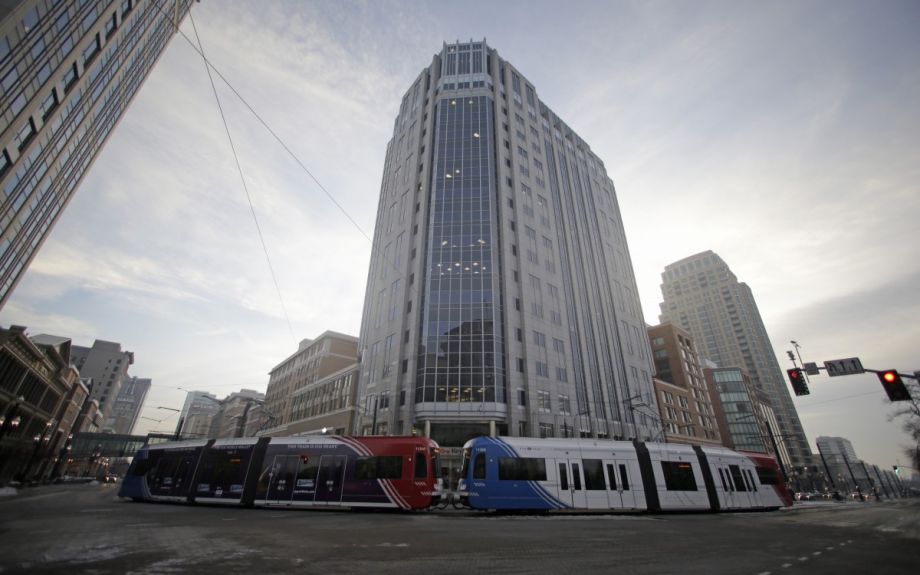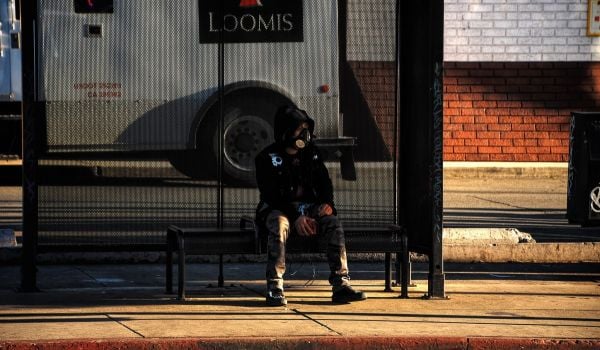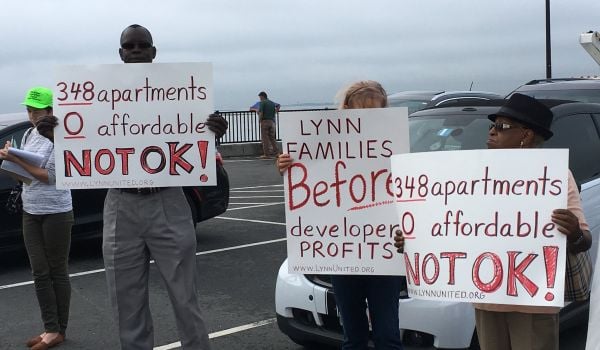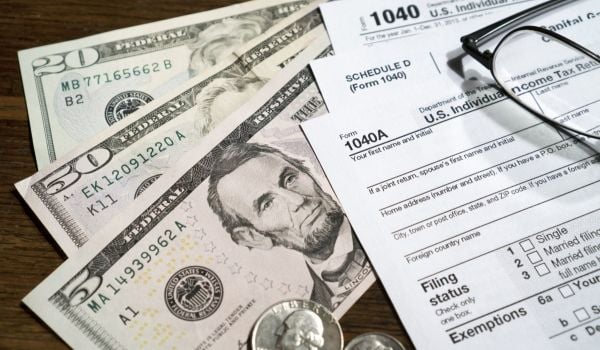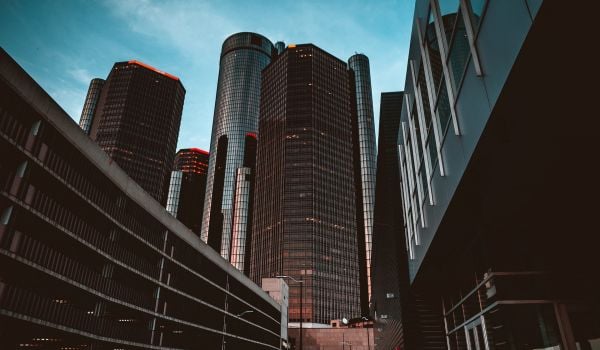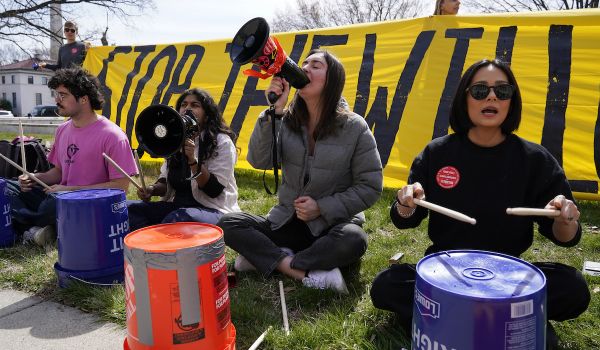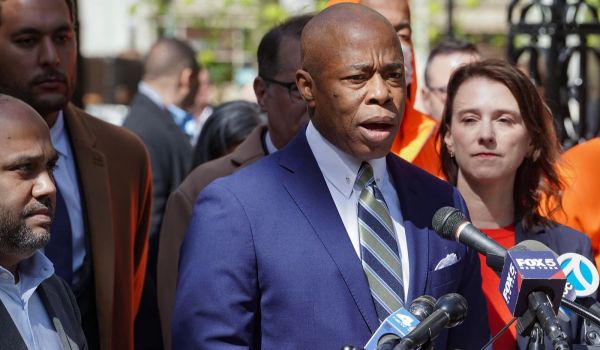Earlier this year, Utah lawmakers boldly went where Congress won’t and raised their state gas tax. Now, a collection of Wasatch Front mayors is rallying around a similar proposal, requesting that the Salt Lake County Council add a sales tax increase for transportation projects to the November ballot.
This talk of raising public funds might sound strange coming from Utah. While Congress remains stuck in a partisan horn lock over whether to up the federal fuel tax (18.4 cents since 1993), one Utah senator recently proposed eliminating it completely. But seven of the 12 states considering raising their fuel taxes this year are red states — and that pattern holds in Salt Lake County, which tends to favor conservative leaders as well.
According to Troy Walker, mayor of Draper, it’s all about the math.
“Local municipalities get most of our B and C road funds from the gas tax,” he says, referring to the classification system, used throughout Utah for county and municipal roads. “That amount of money is not enough for each city to maintain its share.”
Cities often end up dipping into a general fund to make up the difference, he adds.
Bill Applegarth, mayor of Riverton, agrees.
“We’re short about three-quarters of a million every year,” he says.
Fifteen of the 16 cities in Salt Lake County have passed resolutions that support placing a vote on this year’s ballot according to the Salt Lake Tribune. The lone holdout, West Valley City, will likely join the ranks by the time this post goes up (a resolution can be viewed on the council agenda for July 21st). The county council will decide in August whether to grant the mayors’ request per a new house bill, HB 362, signed into law on March 27th.
HB 362, also known as the Transportation Infrastructure Funding bill, was the same law that upped the state’s gas tax by 5 cents per gallon. It also allowed counties to ask voters for a quarter-cent sales tax increase to fund local transportation projects — projects that, historically, have relied on a combination of fuel taxes and general fund overflow.
It’s difficult to find fault with the mayors’ pitch, which tends to focus on the need for basic maintenance.
“If we don’t do regular maintenance and just wait until the road needs it, it’s going to cost more — economically, there’s an advantage to taking care of our roads,” Applegarth says.
He’s right. As I’ve written before, the infrastructure crisis we hear so much about (from the President and British comedians alike) comes largely from financing new roads, rather than maintaining the ones we already have. (For some truly shocking numbers on that disparity, see this report).
The bill’s language doesn’t clearly designate that funds need to go toward maintenance rather than new projects. It does, however, include a detailed list of the kinds of projects they can be used for, including municipal and county roads (class B and C); traffic and pedestrian safety features that include sidewalks, curbs and lighting; active transportation facilities and public transit systems. According to the Salt Lake Tribune, 40 percent of total tax revenue would go to the Utah Transit Authority, 40 percent would go to cities and 20 percent would go toward county projects along the Wasatch Front.
On its journey from bill to law, HB 362 wasn’t without critics, and some of their arguments could carry over to November if the county does put a quarter cent sales tax on the ballot. One of the most vocal was the Koch-led Americans for Prosperity, which took particular aim at the fact that funds would go to the Utah Transit Authority. With a recent history of attacks on municipal public transportation agencies, their argument was none too surprising. The Utah Taxpayers Association also opposed the bill’s sales tax portion, and is now arguing that a vehicle miles traveled (VMT) system, like the one practiced by Oregon, would be fairer than a sales tax.
But aside from the law’s passage, several things point to a favorable outcome for those 15 mayors, who aren’t alone. According to Deseret News, 86 cities and towns across Utah have passed (or are considering) resolutions that support placing the tax on this year’s ballot. First, a poll conducted soon after the law was passed showed 55 percent of Utahns supporting a sales tax increase for transportation. And though the bundling of projects (road maintenance and transit) could divide modal factions in other regions, Salt Lake City has found success in recent years marketing transit to drivers, meaning that Utah Transit Authority’s 40 percent may not be the obstacle predicted by AFP.
Both Applegarth and Walker say they believe the measure could pass.
Citing the near-unanimous mayoral push, Walker calls the regional agreement “unprecedented.”
“We’re going to sell it to our citizens — and I’m going to vote for it,” he says.
Applegarth, meanwhile, expresses confidence in the process.
“I trust the people immensely,” he says. “If it’s a good idea, they’ll vote for it.”
The Works is made possible with the support of the Surdna Foundation.

Rachel Dovey is an award-winning freelance writer and former USC Annenberg fellow living at the northern tip of California’s Bay Area. She writes about infrastructure, water and climate change and has been published by Bust, Wired, Paste, SF Weekly, the East Bay Express and the North Bay Bohemian
Follow Rachel .(JavaScript must be enabled to view this email address)


